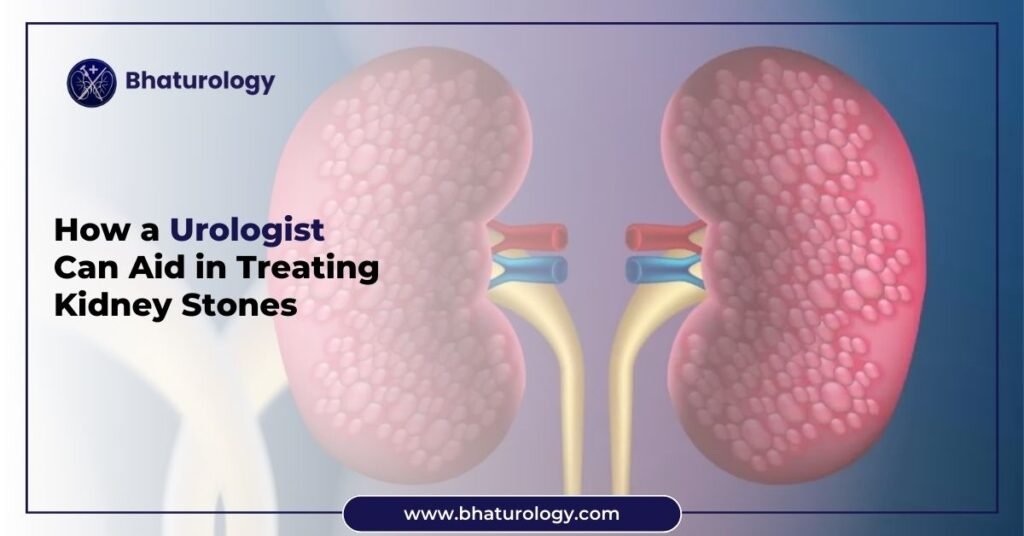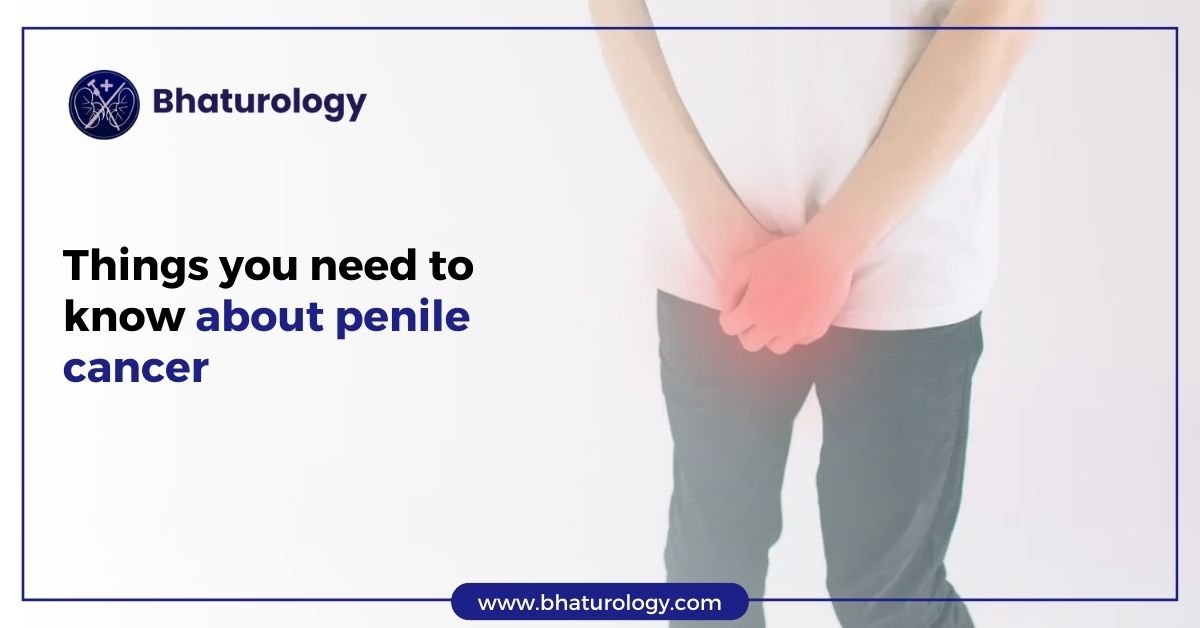Kidney stones are a common and often painful condition that can affect anyone at any age. When these mineral deposits form in the kidneys, they can cause symptoms such as severe pain, nausea, and difficulty urinating. Fortunately, Dr. Mahakshit Bhat, the best urologist in Jaipur, specializes in diagnosing and treating kidney stones, offering expertise and advanced techniques to help patients manage this condition effectively. This article explores the role of urologists in treating kidney stones and outlines the steps involved in diagnosis and treatment.
What are Kidney Stones?
Kidney stones are hard, crystalline deposits that form in the kidneys when certain substances in the urine, such as calcium, oxalate, and uric acid, become concentrated and solidified. These stones can vary in size, from tiny grains to larger calculi, and may cause symptoms when they obstruct the urinary tract or pass through the ureter.
What Causes Kidney Stones?
Several factors contribute to kidney stone formation, including dehydration, dietary habits, genetics, and underlying medical conditions such as hyperparathyroidism or urinary tract infections. Certain lifestyle factors, such as a high sodium diet or inadequate fluid intake, can increase the risk of stone formation.
How a Urologist Can Help with Kidney Stones
Urologists are crucial in managing kidney stones, offering specialized care and treatment options tailored to each patient’s needs. Some ways in which urologists can help include:
- Diagnosis: Urologists use various diagnostic tests, such as ultrasound, CT scans, and urine analysis, to identify the presence, size, and location of kidney stones.
- Treatment Planning: Based on the results of diagnostic tests, urologists develop individualized treatment plans that may include conservative measures, such as pain management and dietary modifications, or more invasive interventions, such as lithotripsy or surgery.
- Minimally Invasive Procedures: Urologists are skilled in performing minimally invasive procedures, such as ureteroscopy, percutaneous nephrolithotomy, and extracorporeal shock wave lithotripsy (ESWL), to remove or break up kidney stones and facilitate their passage.
- Preventive Strategies: Urologists provide guidance on preventive strategies, including dietary changes, hydration, and medication therapy, to reduce the risk of recurrent kidney stones.
Kidney Stone Testing and Treatment
Suppose you suspect you have kidney stones or are experiencing symptoms such as severe flank pain, blood in the urine, or recurrent urinary tract infections. In that case, seeking prompt evaluation and treatment from a urologist is essential. The urologist will conduct a thorough physical examination, medical history review, and diagnostic testing to determine the most appropriate action.
Make an Appointment
If you’re experiencing symptoms of kidney stones or have concerns about your urinary health, don’t hesitate to schedule an appointment with a urologist in Jaipur. Early detection and treatment can help alleviate symptoms, prevent complications, and improve overall quality of life. With the expertise and support of urologist in Jaipur, you can effectively manage kidney stones and take proactive steps to maintain optimal urinary health.



